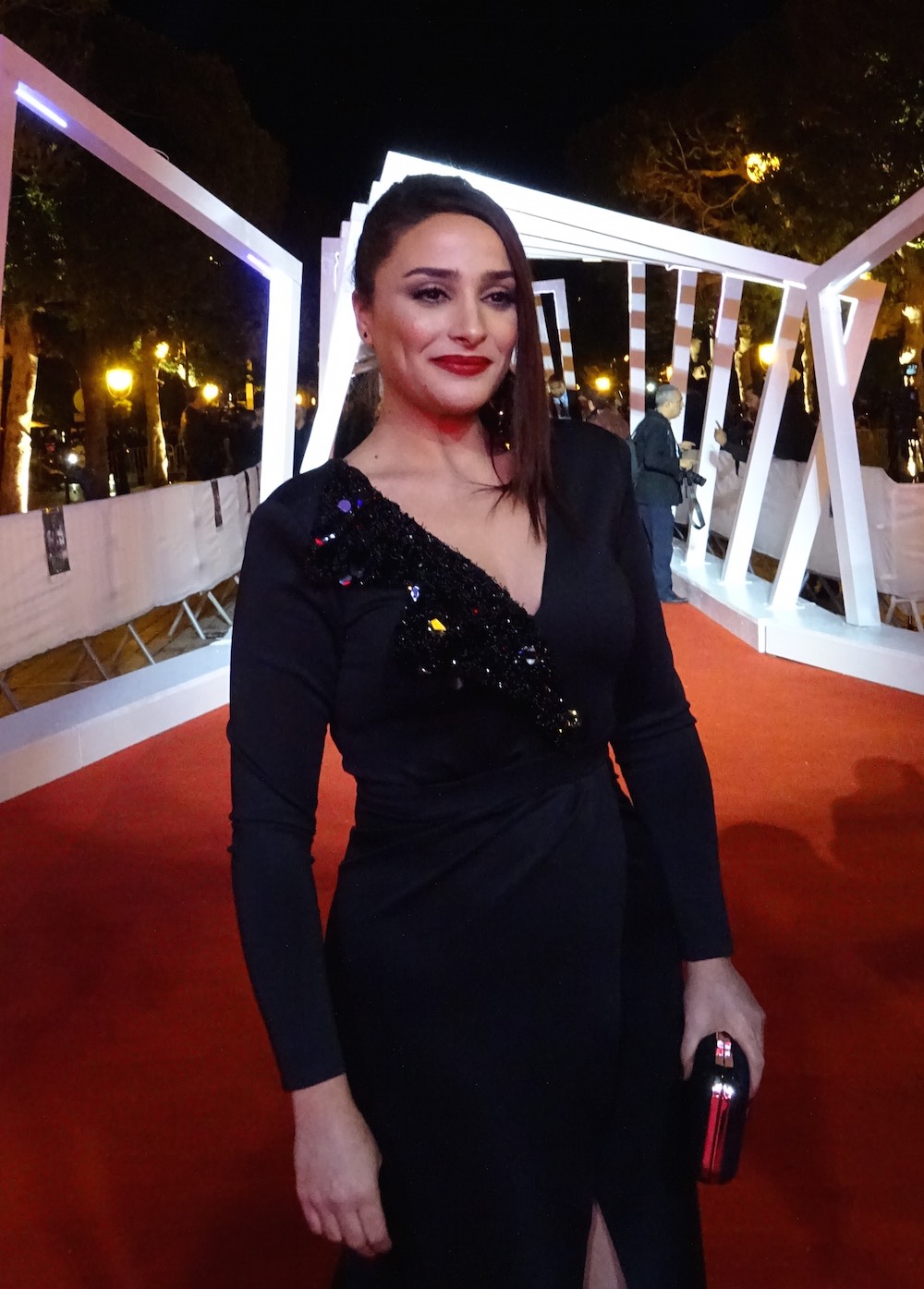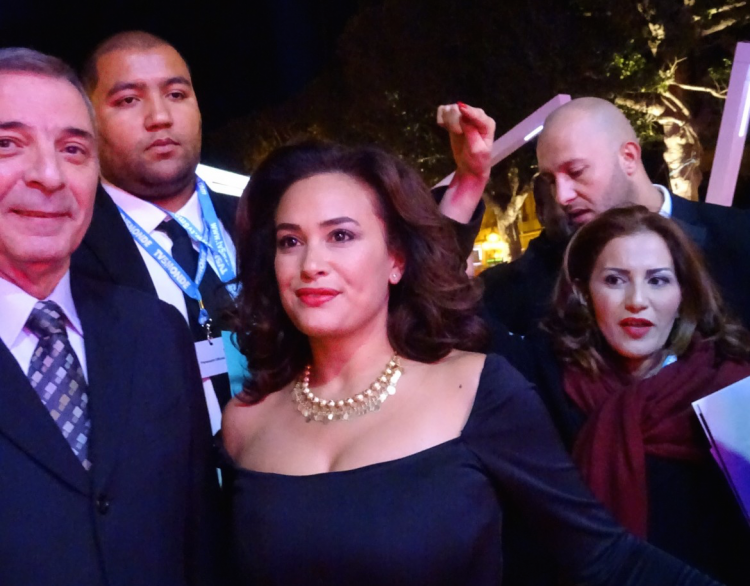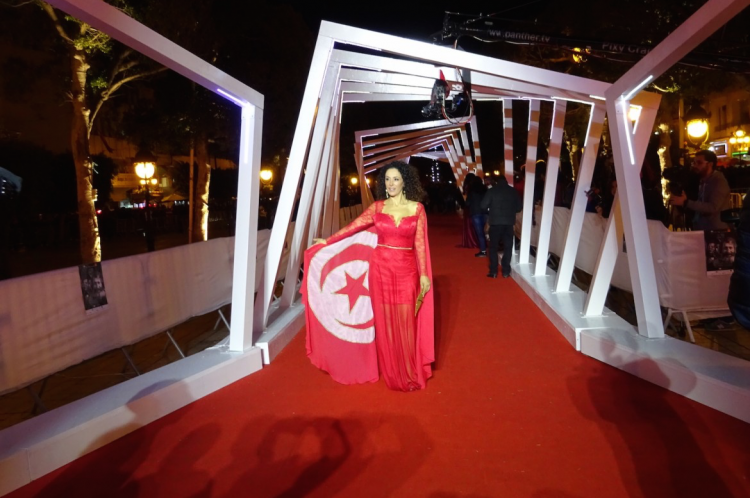‘The day after the attacks, the queues stretched even further around the block.’ I am talking to a man who’s sitting next to me in the cinema. We’re at the JCC Carthage Film Festival, the longest-running Arab/African film festival in the world.
The festival started on November 21 and three days later a suicide bomber blew himself up and twelve of the presidential guard along with him. This was one of the first times the forces of law and order had been targeted, and in central Tunis too.
Queues stretch around the block for the Carthage Film Festival despite the attacks. pic.twitter.com/0XXnjDmLhC
— Fleur Macdonald (@fleur_macdonald) November 29, 2015
Despite events, that the festival would carry on was never in doubt. When the attack was announced before the screening of the Tunisian film, Borders of Heaven, the directors of the festival and film appeared to say the film would still be shown. The audience erupted into the national anthem.
If culture is a weapon in the fight against terrorism, this was the moment for the JCC to prove it.
Before the latest attack had even happened, this year’s edition had been pitched as a celebration of Tunisia’s values and of the forces of culture triumphing over those of terrorism. In October of this year, after the terrible events in Sousse and at the Bardo Museum, the Nobel Peace Prize was awarded to the Tunisian National Dialogue Quartet for ‘its decisive contribution to the building of a pluralistic democracy’. Tunisia is a wavering beacon in the Arab and North African world. And if culture was to be a weapon in the fight against encroaching terrorism, this was the moment for the JCC to prove they really meant it.
So despite the 9 pm curfew and the 30-day state of emergency the government had announced, the festival went ahead. They announced it on Facebook quite simply: ‘Culture and cinema will live on. Festival goers and the general public are welcome. Our thoughts are with the martyrs and their families.’
Watching each film felt like an act of resistance.
Spectators were searched at the entrance and patted down. In central Tunis, there are more than ten cinemas in the cluster of roads along the central avenue Habib Bourguiba. The queues snaked around and nearly embraced each other.
Nabil, whom I am sitting next to, has been going to the festival for the last ten years. This is the busiest he’s seen it. He’s been watching films every day. It’s almost lucky he’s unemployed. ‘It lets us travel. It gives us a view on the world!’ Tahar, his friend next to him, exclaims.
Watching each film felt like an act of resistance. We learnt about Arab feminism; watched films that took us into Palestinian settlements, with an Israeli soldier in the car boot; sat through homages to Larry Clark that introduced us to the privileged youth of Joburg; imagined what it felt like to be a divorced Iranian single mother; or a political activist entrapped in a Tunisian mental asylum.
https://twitter.com/Aymen_BA/status/669907259326111744
Nabil and I talk about the film that we both missed; the one everyone is talking about. A film that had its premiere at the festival and is censured everywhere else in the Middle East and North Africa. Much Loved is the candid and graphic story of the everyday lives of four prostitutes in Casablanca. Some call it pornographic; others call it brave. Most said the problem of prostitution was one which Morocco was turning a blind eye to. The judges thought it worthy of the Jury Prize.
And the closing ceremony, despite the sequins, the plunging necklines, the screaming teenagers and the red carpet felt more important and significant than any political gathering.
Nabil added that he is, along with his fellow citizens, not afraid. ‘The attacks have not targeted civilians so they would not attack this festival.’ Given what happened in Paris, this is naïve. And he will almost certainly soon be proved wrong. But perhaps for the moment, this is the only way ordinary life – that most precious of privileges – can carry on.



